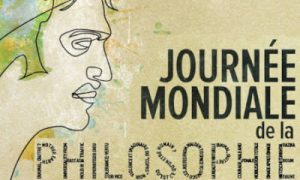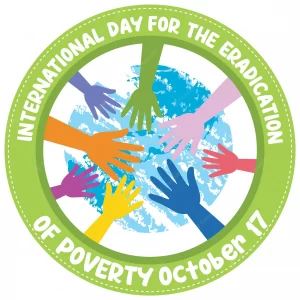 Celebrate Archives!
Celebrate Archives!
Did you know that June 9 is International Archives Day? All around the world, professionals in the archival community unite their voices on June 9 to make you understand why it is essential to support archives and the profession.
Background
The ICA believes that the value of archives and archivists should be promoted at the international level. Archives and archivists play an important role in accountability, transparency, democracy, heritage, memory and society.
During the 2004 International Congress in Vienna, 2000 attending participants adopted a resolution requesting that the United Nations (UN) designates a specific day to mark the importance and value of archives.
In 2005, the United Nations Educational Scientific and Cultural Organization (UNESCO) declared October 27 as the World Day for Audiovisual Heritage (WDAH) during the 33rd session of the UNESCO General Conference held in Paris, France. WDAH makes an occasion to raise widespread awareness of the need to take urgent measures and acknowledge the importance of audio-visual documents as a representation of our shared heritage and memory. However, audio-visual documents are only a portion of our documentary heritage that warrants international attention.
Subsequently, it was decided at the 2007 ICA Annual General Meeting that June 9 would be celebrated as International Archives Day. The date, June 9, was chosen to commemorate the date ICA was created under the auspices of UNESCO in 1948.

 The International Day of Light is a global initiative that provides a platform for the continued appreciation of light and the role it plays in science, culture and art, education and sustainable development, and in fields as diverse as medicine, communications and energy. The broad theme of light will allow many different sectors of society worldwide to participate in activities that demonstrates how science, technology, art and culture can help achieve the goals of UNESCO – education, equality and peace.
The International Day of Light is a global initiative that provides a platform for the continued appreciation of light and the role it plays in science, culture and art, education and sustainable development, and in fields as diverse as medicine, communications and energy. The broad theme of light will allow many different sectors of society worldwide to participate in activities that demonstrates how science, technology, art and culture can help achieve the goals of UNESCO – education, equality and peace.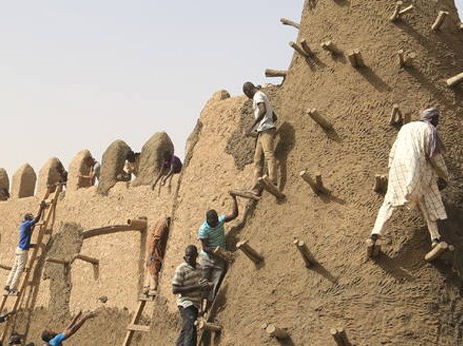
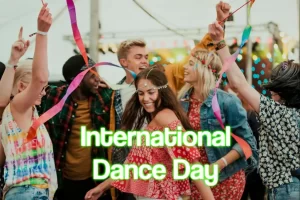 In addition to encouraging dance from participants of all ability levels, Dance Day is a true global celebration that breaks down barriers to bring people together. Every dance is welcomed with open arms from traditional ceremonial dances like the Haka, Rejang dance, and Kagura to modern street dance and jumpstyle electronic dance. It includes dances that are steeped in heritage as well as contemporary styles that borrow attributes from various sources.
In addition to encouraging dance from participants of all ability levels, Dance Day is a true global celebration that breaks down barriers to bring people together. Every dance is welcomed with open arms from traditional ceremonial dances like the Haka, Rejang dance, and Kagura to modern street dance and jumpstyle electronic dance. It includes dances that are steeped in heritage as well as contemporary styles that borrow attributes from various sources.
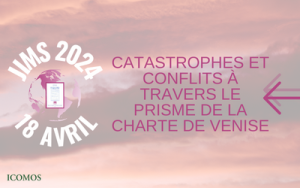 À l’Assemblée générale 2023 à Sydney, le thème « Patrimoine résilient aux catastrophes et aux conflits – Préparation, réponse et rétablissement » a été choisi comme thème pour le Plan scientifique triennal 2024-2027. … Tournons-nous vers le passé pour méditer sur notre héritage partagé… et vers l’avenir pour réfléchir aux besoins concrets liés à la pratique du patrimoine aujourd’hui.
À l’Assemblée générale 2023 à Sydney, le thème « Patrimoine résilient aux catastrophes et aux conflits – Préparation, réponse et rétablissement » a été choisi comme thème pour le Plan scientifique triennal 2024-2027. … Tournons-nous vers le passé pour méditer sur notre héritage partagé… et vers l’avenir pour réfléchir aux besoins concrets liés à la pratique du patrimoine aujourd’hui.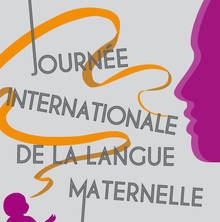
 The theme for the 12th edition of the World Radio Day, to be celebrated on 13 February 2023, is «
The theme for the 12th edition of the World Radio Day, to be celebrated on 13 February 2023, is « 